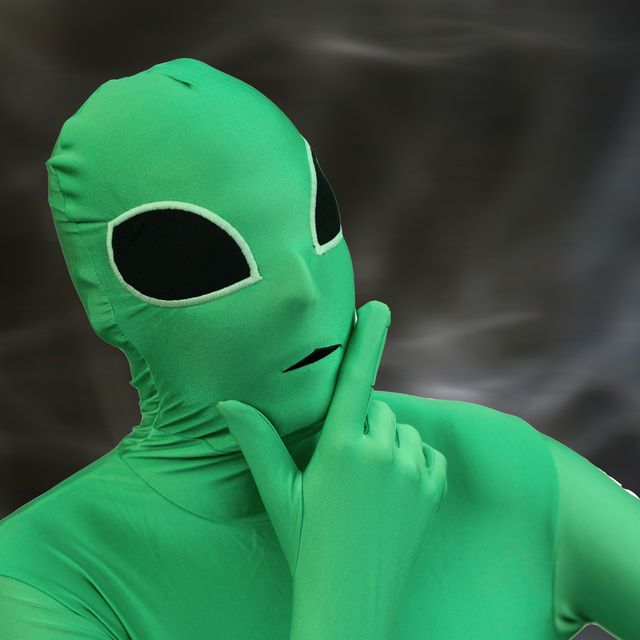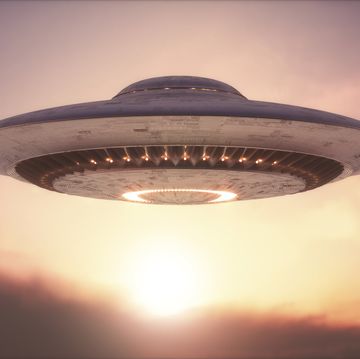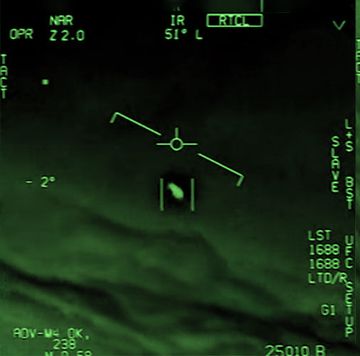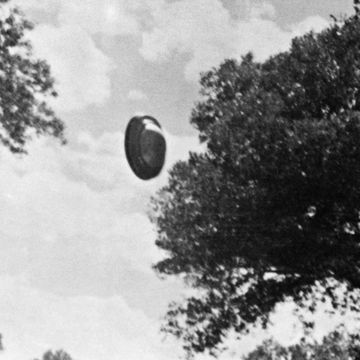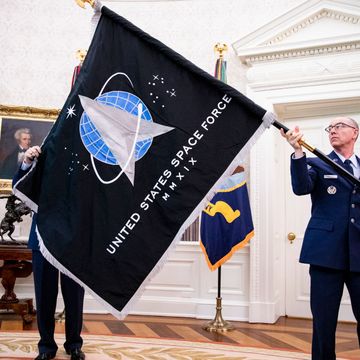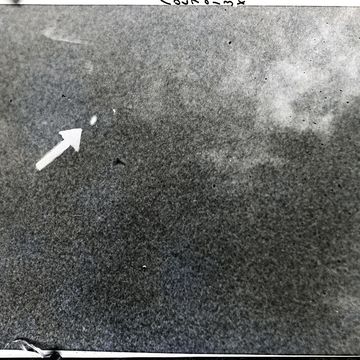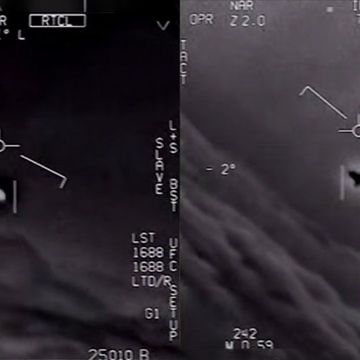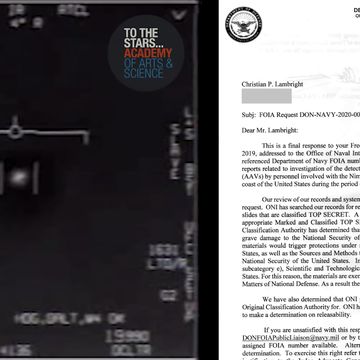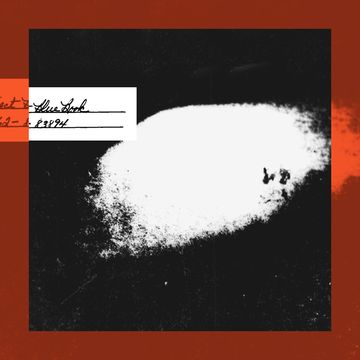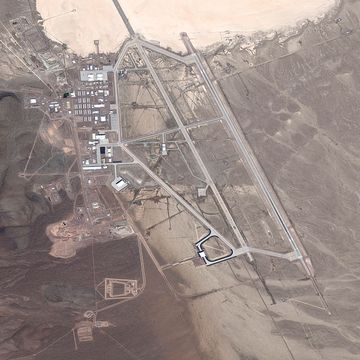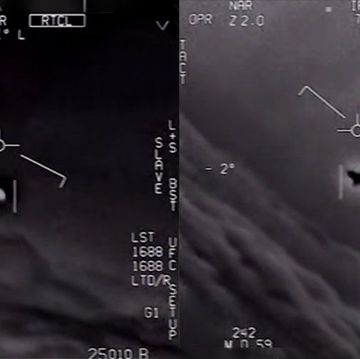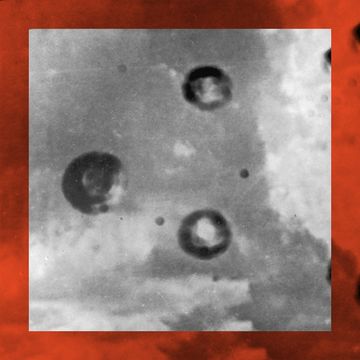Sometimes it takes a child to point out the important questions.
My 8-year-old is a burgeoning amateur scientist, so he keeps up with the latest science news a little more closely than I do. He learned recently that Curiosity, NASA’s roving Martian science lab, has been detecting some rather interesting organic and chemical molecules on the red planet, some of which could be clues of life. So far it’s discovered dimethyl sulfide, methanethiol, and most surprisingly, trace amounts of oxygen.
Along with the compounds we already know about, like nitrogen, hydrogen, and carbon dioxide, Mars has the same chemical composition of flatulence. Which led my son to one inescapable conclusion: If aliens exist, they probably smell like farts.
I don’t know enough about farts, Mars, or aliens to refute him, so I reached out to somebody who does: Clara Sousa-Silva, a molecular astrophysics postdoctoral associate at MIT.
“Your son is absolutely correct in his inference,” she told me. “Most of my work in astrobiology looks at anaerobic environments, which have a lot in common with the environments that produce farts. So, yes, aliens are reasonably likely to smell like farts.”
It’s a question that almost never gets mentioned when discussing the possibility of extraterrestrials. There’s plenty of debate about what aliens might look like, whether they’re intelligent or have cool spaceships or are intent on destroying us. But nobody asks, what do aliens actually smell like?
And at least according to Sousa-Silva, the answer to that question is: not especially pleasant. Even if Martians denied it, they most definitely supplied it.
But we don’t need to single out Mars. There are other examples of planets and other celestial bodies with theoretically pungent life forms.
Space: The Foul Frontier
Saturn’s icy moon Titan has gotten a lot of attention of late, thanks to data collected from NASA’s Cassini spacecraft over a 14-year mission. Its lakes of liquid methane, which may be filled with alien crystals, have raised questions about the “possibility of life,” as NASA planetary geologist Rosaly Lopes phrased it to Reuters last week.
A few years back, some of the gases and hydrocarbons collected by Cassini were used to create a recipe that replicated the “aromatic flavors” of Titan. Composed mostly of nitrogen, methane, and benzene (and a few other aromatics), NASA researchers were able to create in the lab what could be dubbed Eau de Titan, the cologne of choice for Titan aliens (should they exist).
What they discovered: Titan smells like farts and gasoline.
Does that mean Titan aliens could conceivably share the hearty stench of a garage filled with flatulent auto mechanics? Possibly ... but probably not, says Sara Seager, an astrophysicist and planetary scientist at MIT.
“If the alien life was producing hydrocarbons, that life would smell like gasoline,” she says. “Right now it sounds like the Titan atmosphere at large smells like gasoline, independent of life.”
Sousa-Silva has devoted much of her research to phosphine. In a talk last summer at the Astrobiology Science Conference, as well as a forthcoming article in the journal Astrobiology—coming in February of 2020—she’s shared her theories on how phosphine, which on Earth is an “extremely flammable, incredibly toxic, outrageously foul-smelling molecule,” could be the key to detecting life on other planets.
“Some molecules, like phosphine, are not thermodynamically favored in standard temperatures and pressure,” she explains. “That means that they can’t spontaneously form in planets we consider habitable, and energy must be used to make them. Life is the only process we know that’s willing to sacrifice energy to make things.”
On Earth, phosphine—which is typically found in raw sewage, marshlands, and the intestinal tracts of penguins and gassy babies—is produced by anaerobic life. (“Anywhere there’s a lot of poop,” Sousa-Silva says.) But on other planets, where life doesn’t rely on oxygen, life would need to make “a serious investment to make phosphine.”
In other words, any detectable amounts of phosphine on a habitable planet will have no false positives for life “because its formation is so thermodynamically unfavored in these environments,” she says. “Which means, it may be hard to see phosphine on an alien planet but, if you do, you found life.”
Phosphine doesn’t exist randomly. It could be used for defense, she speculates. “Phosphine is a powerful weapon to anything aerobic,” Sousa-Silva says. “So using it as an attack or defense mechanism is a possibility. It could also be used for signaling or more complex communication.”
If your first thought is “maybe aliens have been trying to communicate with us in farts and we’ve never been able to understand, or bothered to listen” then congratulations, you have the emotional maturity of a prepubescent and a serious extraterrestrial researcher.
It’s actually reminiscent of a story-within-a-story from Kurt Vonnegut’s 1973 novel Breakfast of Champions. The tale follows an alien named Zog, who travels to Earth with details on a cure for cancer and a way to end all wars. Unfortunately, he comes from a planet where all expression happens in farts and tap dancing. As he tried to communicate with the first humans he encounters, warning them about “the terrible danger they were in,” the family’s patriarch kills him with a golf club.
Ridiculous fiction, of course. But could it contain even a granule of truth? At least about the farting part?
Carrie Paterson, an LA-based artist, has spent years exploring what she calls the “cosmology of the senses.” There is, she thinks, a “distinct possibility that we might be able to communicate with aliens through our sense of smell. The olfactory system is an incredibly complex system in our bodies, one that until very recently we thought was confined to our noses. But now we understand that there are in fact olfactory receptors throughout our bodies in our skin and even internal organs.”
When we ask the question “what would aliens smell like?” Paterson suggests it might not just have to do with common odors, but also ideas. A “moldy” smell is not just a smell, she says—it’s a sensation our bodies have in the presence of fungus. “‘Fresh’ isn’t just about air without pollution, but rather, how a clean environment is sensed by our skin,” she says.
The real question, Paterson says, is the corporeal composition of another form of life. “The nature of this composition would determine what would ‘smell good’ or ‘smell bad’ to an alien. Just as to humans, a range of different smells are differently received by us depending on what we need at any given time.”
The Rotten Truth Is Out There
This mephitic miscommunication isn’t entirely hypothetical ... assuming you believe the accounts of people who claim to have made contact with extraterrestrials.
One of the most infamous accounts, which took place in Varginha, Brazil in 1996, had as much to do with what the witnesses smelled as what they saw. When sisters Liliane and Valquíria encountered a creature they thought might be the devil, they told their mother who investigated the scene and discovered only a putrid odor of ammonia hanging in the air. Ammonia is one of the sulfur-containing gases contained in a fart. And, coincidentally, it’s also the predominant odor on the planet Uranus.
Michael Menkin, a former technical writer for NASA who invented the “Thought Screen Helmet” to prevent alien mind control (no, really), has heard firsthand from extraterrestrial abductees that aliens “really smell,” he says. “Also, their alien-human hybrids stink because they never bathe. They smell like a street derelict.”
But as much as their odor may offend us, our human scent—and the scents we find appealing—might be just as offensive to them. “Right now I have an abductee who stops aliens by spraying Lysol all over her house,” Menkin told me. “So Lysol works as well as perfumes.”
Sousa-Silva agrees that extraterrestrials could find us just as malodorous as we find them. “We would probably smell revolting to these aliens,” she says. “So it goes both ways.”
It would appear that we’ve found the sole common ground between alien conspiracist/tinfoil hat enthusiasts and MIT/NASA researchers. Whatever aliens might look like—Greys, insects, or microscopic organisms—there’s one thing they all agree on: Aliens stink.

